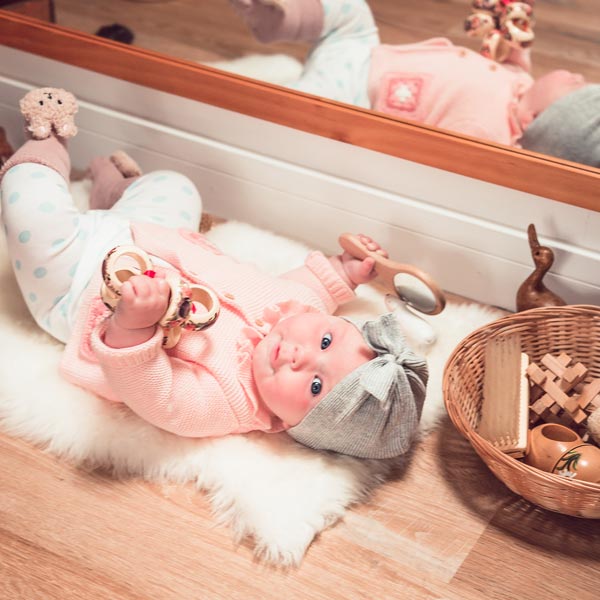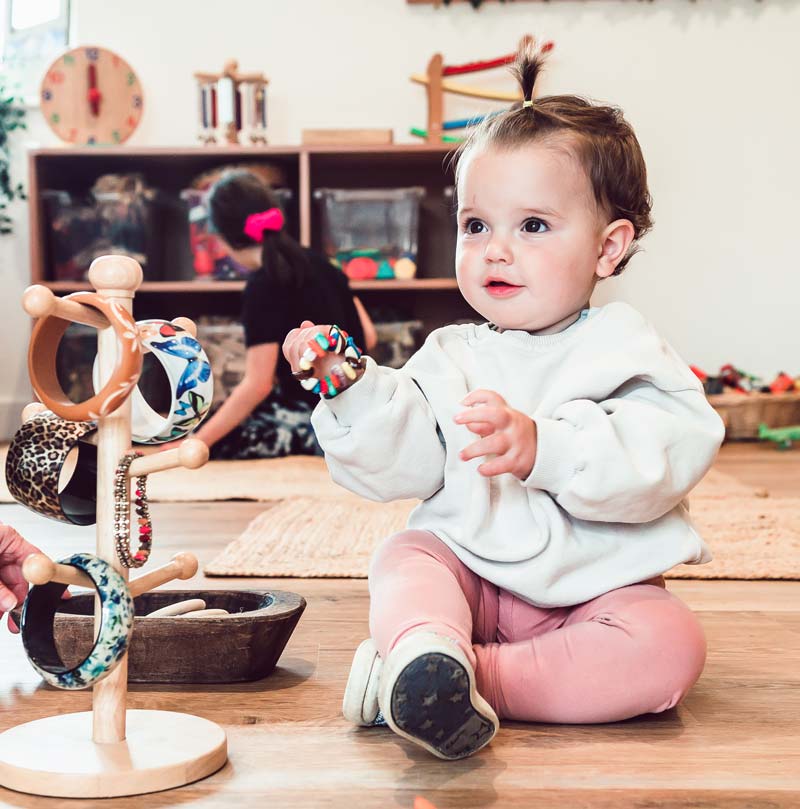
What is Hygge?
Hygge (pronounced Hue-guh) is a Danish concept that focuses on finding well-being by enjoying the comforts in every day routines and all that is around you. It’s an art of feeling cosy, happy, safe & content.
Put simply, children who feel secure and cherished learn better – it really is as simple as that! Research indicates that well being can also be directly linked to future academic achievement.
The Danish incorporate this into their daily life finding small elements to celebrate, creating stress-free and calming moments that help lift mood and spirit. Hygge in the Early Years helps to create that sense of security and well-being that allows the children to snuggle down, explore and investigate with confidence. Children feel calmer, relaxed and overall it promotes an all-round feeling of togetherness and enjoyment. Focusing on children’s well being is fundamental in their development and continuing progress.
What are the benefits of Hygge?
Hygge in Early Years settings has shown to have a number of benefits including:
- Providing a safe and cosy environment like their own home
- Supporting calm and peaceful play that helps to manage their emotions
- Encouraging children to explore and appreciate nature and natural materials.
- Promotes friendship and comfort
- Cosy dens and twinkly lights to allow children privacy to wind down and be in present the moment.
- Taking time to reflect on the good things in life.


Hygge for babies
Babies react well to a Hygge environment and our cosy home-from-home environment is perfect for building secure relationships. We recognise that children at this tender age require nurturing care and we will follow their home routines as close as we can to ensure we fully meet their needs. We will use lavender oil diffusers and calming music throughout our sessions. Sounds, scents, colours and materials are carefully chosen to encourage babies to feel calm and relaxed whilst giving them time to explore their surroundings.
The babies love being outdoors too. We have a safe enclosed space where babies can explore, have first-hand experience of bird watching, smelling the flowers, mastering their skills for balance and large motor skills.
Communication and language are hugely important, and babies will thrive being with the other children, watching and learning how to familiarise themselves with new words and meanings.
Hygge curriculum & EYFS
We always prioritise and explore children’s interests as part of our in the moment planning dipping in and out of themes depending on levels of interest. By working in partnership with parents and using our own observations of the children we follow Vygotsky’s theory of ‘scaffolding’ children’s learning, which means we build on what they already know and help them learn the next step.
Weekly themes we can explore in spring include:
| rain | beetles | moon |
| spring flowers | caterpillars | tadpoles/ ponds |
| nests | seeds | rainbows |
| beans | baby animals | the sea |
Weekly themes we can explore in winter include:
| winter Trees | snowflakes | mountains |
| hibernation | decorations | ice |
| moss | robins | northern lights |
| mud | rocks | worms |
Weekly themes we can explore in autumn include:
| owls | sticks | fire |
| apples | spiders | badgers |
| mushrooms | pumpkins | stars |
| leaves | hedgehogs | darkness |
Weekly themes we can explore in summer include:
| bees | storms | fossils |
| herbs | grasses | meadows |
| wind | streams | beaches |
| summer flowers | clouds |
As Ofsted registered professionals we will follow the Early Years Foundation Stage.
There are three prime areas of learning, these are:
- Personal, social and emotional development
- Communication and language
- Physical development
And four specific areas of learning, these are:
- Understanding of the world
- Literacy
- Mathematics
- Expressive arts and design
The EYFS is based around 4 themes:
| A Unique Child | Every child is a competent learner from birth who can be resilient, capable, confident and self-assured. |
| Positive Relationships | Children learn to be strong and independent from a base of loving and secure relationships with parents and/or a key person. |
| Enabling Environments | The environment plays a key role in supporting and extending children’s development and learning. |
| Learning and Development | Children develop and learn in different ways and at different rates and all areas of learning and development are equally important and inter connected. |
